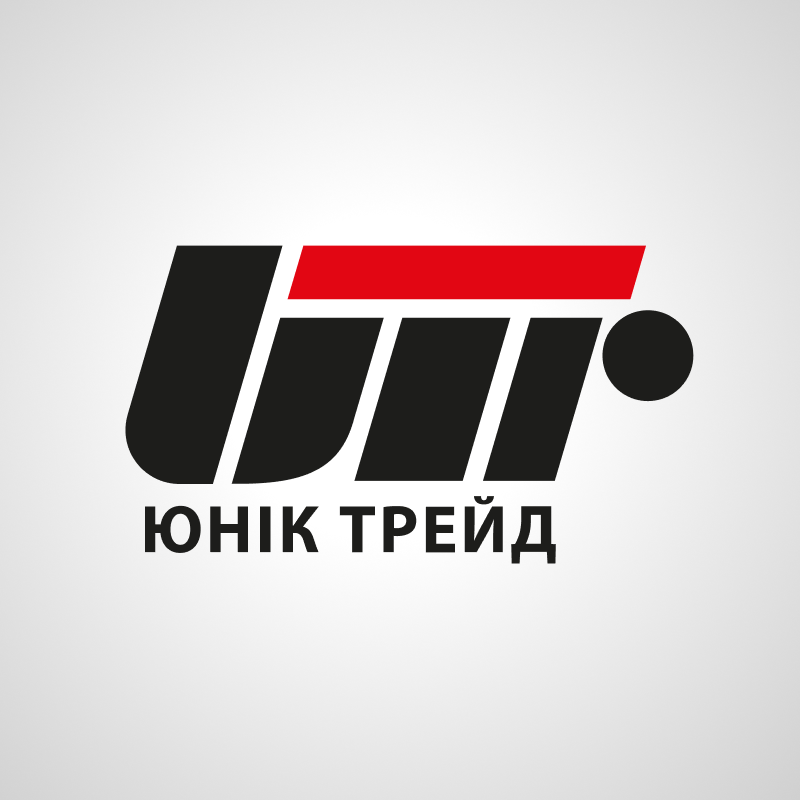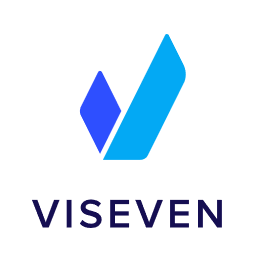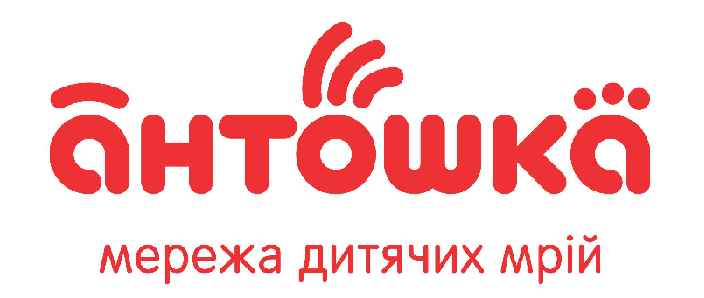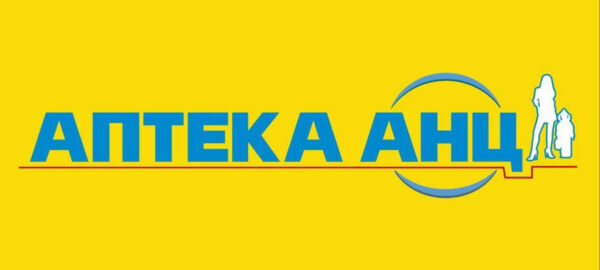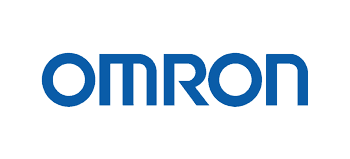
Mentoring in corporate elearning. Advantages and ways of implementation
Support during learning is key to an employee’s success. And it is the appointment of a mentor that helps to provide this support. The mentor plays an important role in planning the development, providing assistance, advice and motivation to the employee. They serve as a guide in the learning process.
What is the role of a mentor in employee learning, and what LMS tools can help to effectively implement mentoring, we will discuss in this article.
The role of a mentor in corporate eLearning
The role of a mentor in corporate eLearning is to help employees achieve the best learning outcomes by providing support and motivation.
Mentors identify individual employee needs, assess their current knowledge and skills. They help organize effective learning and development.
- Identification and development of potential.
Mentors play an important role in developing and realizing the potential of employees. They help them find ways to grow personally and professionally.
- Planning of learning.
Mentors help identify the training needs of employees and develop training plans tailored to the individual characteristics of each participant.
- Increasing engagement and motivation.
A mentor is an ideal example of professional growth and success. It encourages employees to learn and develop more.
- Stimulating professional development.
Mentoring provides an opportunity for employees to develop and improve their skills, which helps to increase their productivity.
- Supporting corporate culture.
Mentoring helps to create a culture of support in the company, where employees help each other and share experiences.
LMS as a tool for implementing mentoring in learning: how to use LMS Collaborator?
1.Curators of tasks in the personal development plan
Mentors play an important role in team development and achieving organizational goals. They are responsible for planning, monitoring and evaluating the development process of each employee as part of their personal plan.
When creating a personalized development plan, assign a responsible supervisor to the employee who will become their mentor. He or she will monitor the implementation of tasks, provide support, and help resolve issues.
How to implement it? LMS Collaborator has introduced the universal term “mentor” for tools and functions that can be used for mentoring purposes.
For example, in individual plans, you can assign a separate mentor for each employee’s personal task. These can be experts, managers, or coaches, depending on the specifics of the task and goals. After the employee completes the task, the mentor will receive an email with a notification for review. The supervisor can give a grade or send the task back for revision.

Personal development plans in LMS Collaborator
2. Appointment of functional managers
Mentors ensure the success and effectiveness of employee training. In a distance learning system (LMS), mentors can act as functional managers. Help employees identify their learning needs, select appropriate learning, track progress, and analyze results.
How to implement it? In addition to line managers defined by the organizational structure, LMS Collaborator also allows you to assign functional managers to employees. These can be experienced employees, top management, etc. who are perfect for the role of a mentor. They have the same capabilities as line managers – access to analytics, reports, and data on the learning of a subordinate.

Appointment of functional managers in LMS Collaborator
3. Workshop curators
Workshops help employees gain the necessary experience. Apply theoretical knowledge in practice, which improves efficiency and professional development.
During the workshop, it is important that the employee has a mentor. The mentor would monitor the task, evaluate progress, teach the necessary skills, provide support and help with solving complex issues.
How to implement it? LMS Collaborator workshops allow you to remotely assign practical tasks to a group of employees and track their progress individually.
The whole process takes place in a dialog mode, during which the supervisor and the employee can leave comments, share files, discuss results, etc. The supervisor has full control over the process of performing independent work and can help in time when necessary. They also have access to analytics.

Workshops in LMS Collaborator
4. Checklists for checking the completion of tasks
Checklists can be a useful tool for mentors. They greatly simplify the process of monitoring and checking the employee’s performance of tasks, work tasks, processes, etc. They help to ensure systematic and objective control over the process and results of employees.
How to implement it? Such checklists are easy to create in LMS Collaborator. All you need to do is add the necessary criteria and rating scale. And the portal’s analytics tools will help tutors collect and analyze the results.

Checklists in LMS Collaborator
5. Internal chat for communication with a mentor
Regular communication between an employee and a mentor is an important element of effective learning. It helps to support, guide and stimulate the employee in the process of his or her development.
How to implement it? Allow employees to contact a mentor for support or advice anytime they have questions or difficulties with tasks. To do this, you can use the chat on the LMS Collaborator learning portal. In the LMS Collaborator chat, you can attach files to messages, create group and personal chats, and set up notifications for new messages.

Internal chat in LMS Collaborator
Conclusion
- A mentor is a person who facilitates the achievement of the employee’s development goals, provides support and monitors progress. Identify a person to serve as a mentor for the employee while completing the tasks of the individual development plan. It can be an experienced manager, a company expert, or another specialist with the necessary knowledge and experience.
- Mentors can serve as functional managers, especially when it comes to supporting and training employees in a particular area, department, or professional group. Assign an employee a functional manager who will encourage them to actively learn, monitor the process, and provide the necessary support.
- Workshops are an important part of successful learning. They help to consolidate skills and practice theoretical knowledge. It is important that an employee has a personal mentor during the workshops. This person would answer questions, solve possible problems and provide additional assistance when needed.
- Checklists are a useful tool for mentors. They will help to greatly simplify the process of monitoring, tracking progress, and checking the employee’s performance on learning tasks.
- Ensure regular communication between the employee and the mentor. The best tool is a chat on your learning portal. This will help organize real-time communication where mentors can quickly answer questions and resolve difficulties.





